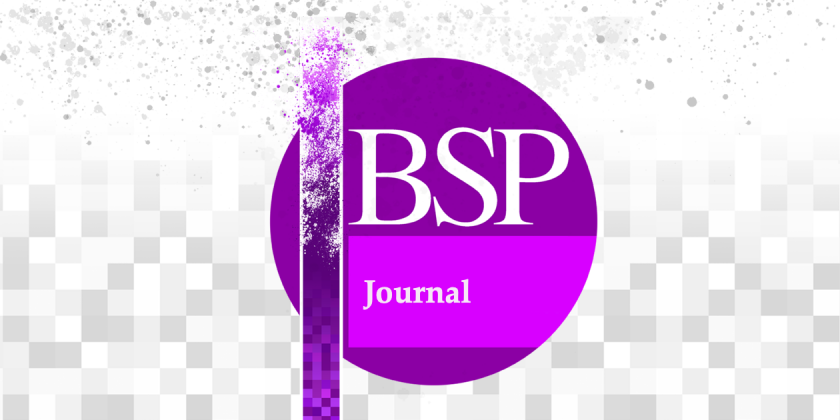Now online & OPEN ACCESS a new article for the JBSP: joint winner of the Second Wolfe Mays Essay Prize.
Minna-Kerttu Kekki – “Collective Memory as Sedimentations of Collective Experience: Phenomenological Analysis of Post-Soviet Europe”
JBSP (Received 31 Mar 2023, Accepted 04 Aug 2024, Published online: 12 Aug 2024).
OPEN ACCESS
Joint Winner of the Second Wolfe Mays Essay Prize
Abstract: In this essay, I argue that describing collective memory as a historical collective experience involving the sedimentation of experiences can help us understand the complexities in empirical cases. To demonstrate the explanatory power of this approach, I discuss actual cases of collective memory in post-Soviet European societies and communities, mainly in Estonia and among Ingrian Finns, using the concepts of collective experience and sedimentation. By combining these two concepts, I suggest that the same historical and contemporary political objects may appear very differently to different societies and communities. Therefore, to understand the social and political landscape of our continent, we need to understand the unique experiential nature of collective memory. While phenomenology has allegedly had difficulties in addressing collective memory, rather focusing on individual memory and time consciousness, my analysis demonstrates its potential to clarify the experiential patterns of collective memory and its relevance to historical and political studies.
Full article: https://doi.org/10.1080/00071773.2024.2390386 (OPEN ACCESS)
Minna-Kerttu Kekki, Academy of Finland funded Centre of Excellence in Law, Identity and the European Narratives EuroStorie, University of Helsinki, Helsinki, Finland
Accessing JBSP Online: The Journal of the British Society for Phenomenology is accessed via our publisher’s website: JBSP at Taylor & Francis Online. Access to the JBSP is free to all members of the society. You can find out more about becoming a member and supporting the BSP on the membership webpage. If you are not a member of the BSP, you can also log in using institutional access via Shibboleth and OpenAthens.

